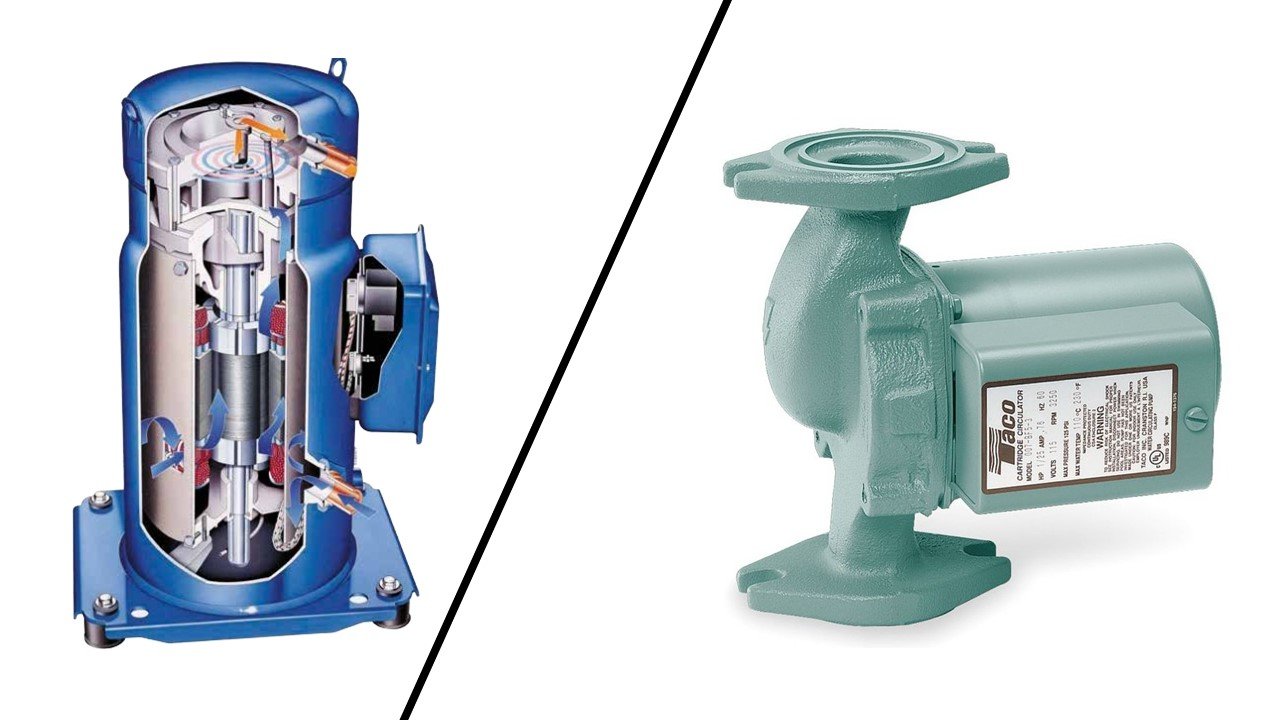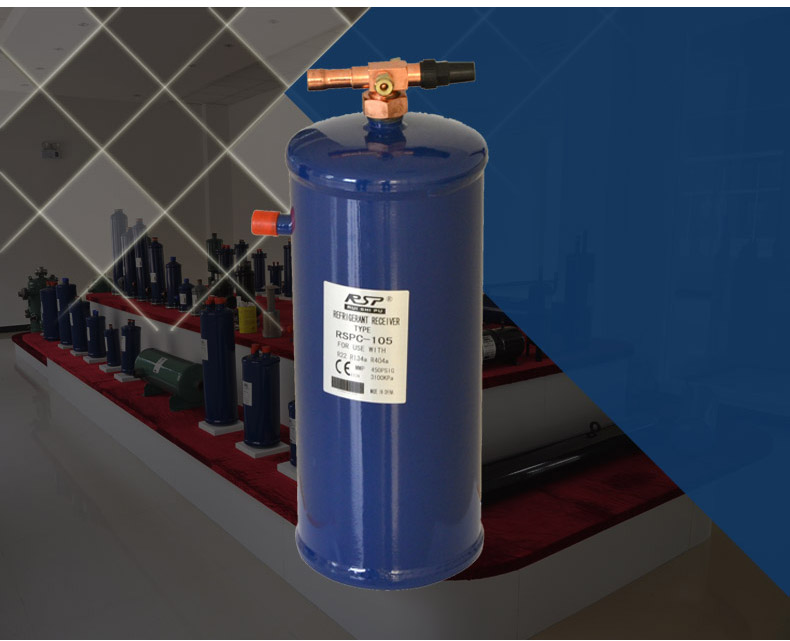Get Tech Tips
Subscribe to free tech tips.
Compressors and Pumps

Let's go with dictionary definitions of each one first.
pump
noun
1. A mechanical device using suction or pressure to raise or move liquids, compress gases, or force air into inflatable objects such as tires.
compressor
noun
1. an instrument or device for compressing something.
Both compressors and pumps move fluids, and a fluid:
- Yields or moves from higher pressure to lower-pressure areas
- Has no distinct shape and takes up the shape of its container
Both liquids and vapors are fluids, but vapors (gaseous state) are compressible. Liquids are effectively incompressible. This means that a compressor is TECHNICALLY a pump, but a pump is not a compressor.
In both a pump and a compressor, a pressure differential is created between the inlet and the outlet. However, in the case of a compressor, there is a change of volume from inlet to outlet, forcing the vapor molecules into a smaller area.
While you can “compress” a vapor by forcing it into a smaller container, you CANNOT do this with a liquid without extreme pressures. (You can read more about that in this article.) This is why we must work so hard to ensure that liquid refrigerant stays out of a compressor because it will destroy it when the compressor attempts to compress it—unless the compressor is equipped with some method of providing clearance when liquid is introduced into the head.
In practice, most of the “vapor pumps” in our industry are compressors, and liquid pumps are just pumps or circulators but do not compress.
—Bryan









Comments
To leave a comment, you need to log in.
Log In